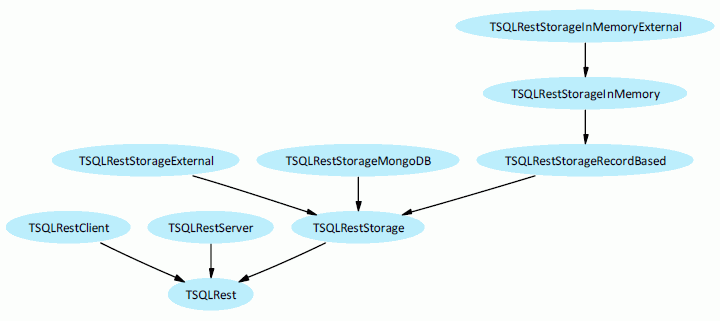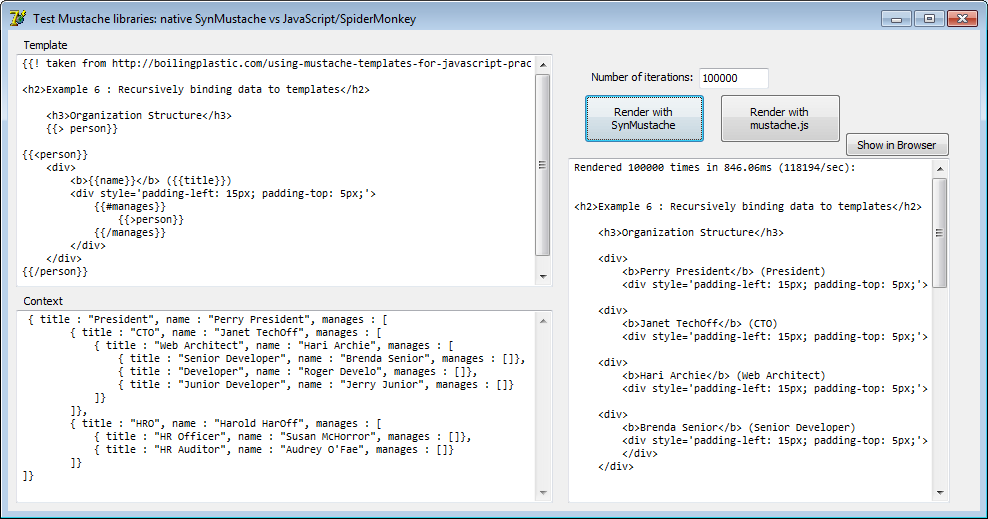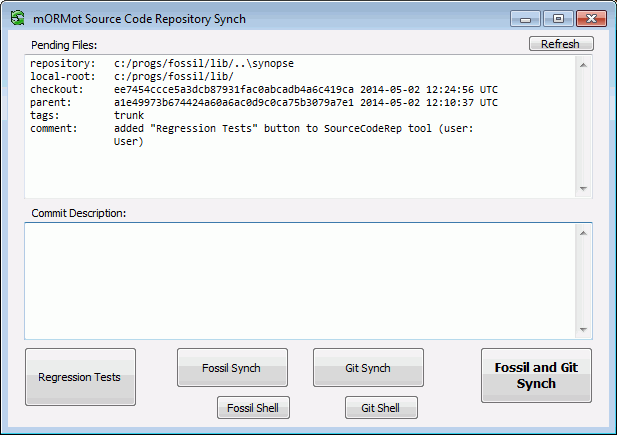We got a very instructive
discussion in our forums, with Silvio, the maintainer of the
Brook Framework.
Brook is a nice framework for writing web applications using Free
Pascal.
It comes to my mind what mORMot can offer.
We did not want to compare the features or say that one framework is better
than the other, but it appeared to me that a lot of object pascal programmers
are tied to 20th century programming model.

In fact, to embrace the potentials of mORMot, you need to switch your mind, and enhanced your RAD and OOP background, into 21th century SOLID model.













